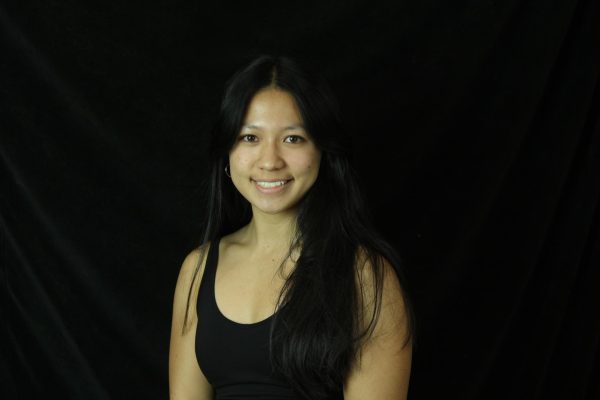Study Hall to replace extended lunch
August 18, 2022
To address concerns about instructional minutes and student behavior issues, a new Study Hall period on Fridays will replace extended lunch — starting tomorrow — according to Palo Alto High School administrators. The first Study Hall will be for sophomores and juniors.
The Study Hall period will become a time where students not in Advisory will remain with their Advisory class and be supervised under a different teacher. Administrators stated during a PRIME information presentation Wednesday that Study Hall attendance is mandatory, and students must be completing academic work and may not use their cell phones.
According to Assistant Principal Erik Olah, one reason for implementing Study Hall was to meet the number of instructional minutes set by the state that were not met last year.

“I think we might have been very close,” Olah said. “I did not actually calculate last year because I was only looking at this year, but … based on my calculations for this year, if I didn’t count the Advisory times, we would be under by a couple hundred minutes.”
Additionally, Olah said Study Hall was put in place to prevent misconduct at Town & Country Village, which had previously been an issue during long lunches.
“We had a lot of issues with Town & Country last year during that specific time,” Olah said. “Students were getting into trouble doing a lot of things they shouldn’t be doing — there was vandalism and some stealing incidents.”
Olah said that administration decided to go with implementing Study Hall instead of another PRIME to allow more time for teachers to focus on other tasks.
“You have to have teachers on board as well in terms of giving up more time because the way I have it structured, teachers are only doing it [Study Hall] half the time,” Olah said. “If a teacher is an Advisory teacher, obviously they’re doing it [meeting with students] every time but a non-Advisory teacher is only going to do Study Hall half the time.”
Olah said that the PRIME sign-up window is projected to be longer, as administrators are working on developing a script to more efficiently assign students to classes.
“This year we have someone who’s writing a script that will then autocomplete [the distribution process],” Olah said. “It’ll be like a default spot that they get put in, and if that one’s full they go to a secondary spot.”
With a faster process, Olah hopes to extend the PRIME sign-up window for students.
“I’m thinking we can bump it to Wednesday at lunch, so that way you have as much time as possible not only to sign up but also to figure out where to go,” Olah said.
This sentiment is echoed by librarian Sima Thomas who believes that the addition of Study Hall will be positive and beneficial.
“The library used to get really overrun [during long lunch], there’d be like 150 students in here [the library],” Thomas said. “I think it will create a more positive campus environment and it’s a great time to sit down and get work done.”
Junior Haley Oba does not support the addition of Study Hall and anticipates that it will be similar to PRIME.
“Like most students, I’m not a fan of it [Study Hall], but I also understand that they need to meet instructional hours,” Oba said. “I feel like I’m not going to be that productive, and that it will be another PRIME, although you won’t get the opportunity to get help from other teachers, which I think is pointless.”
With improvements made to PRIME and the addition of Study Hall, Olah said the goal is to provide enough flexibility to organize and host more school wide events using overfilled instructional minutes.
“If we did things like eliminate any special schedules that had longer lunch periods, I think we would get close to meeting it [instructional minutes], but flexibility in our day is gone,” Olah said. “There’s always a buffer when we make our bell schedule, so that way if we suddenly need a few special schedules in May or June we can make them.”




